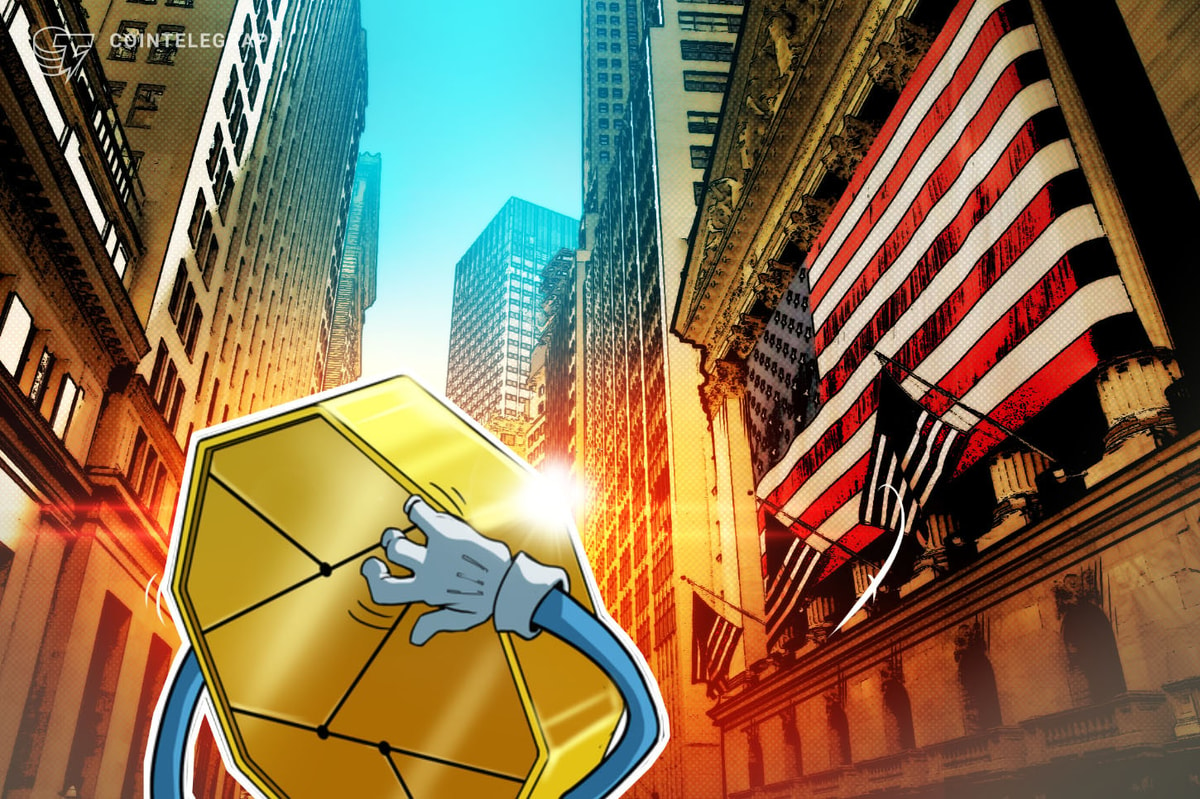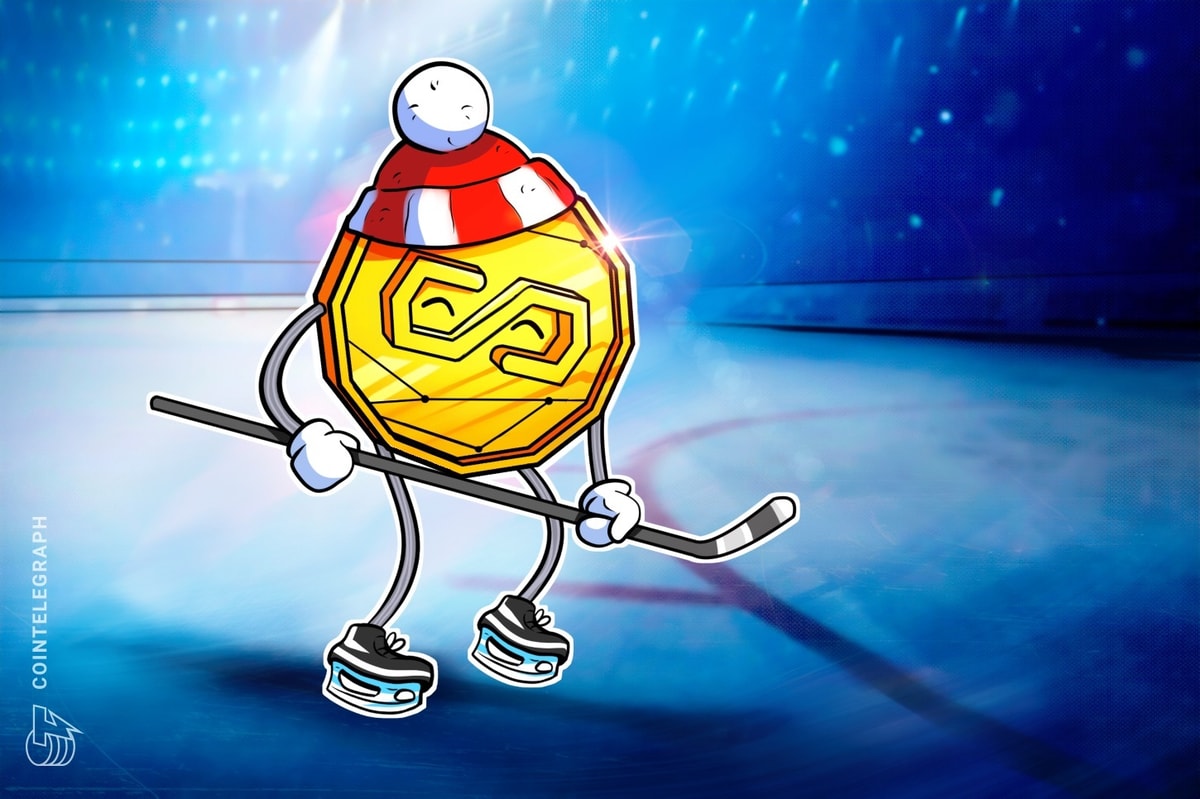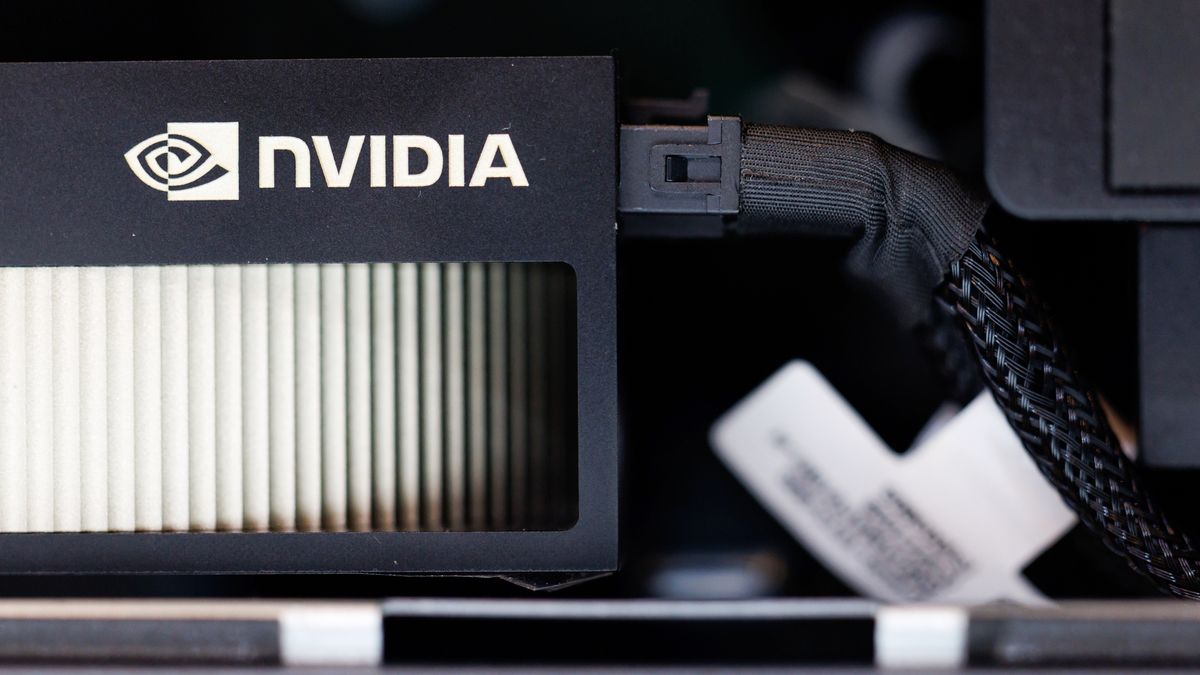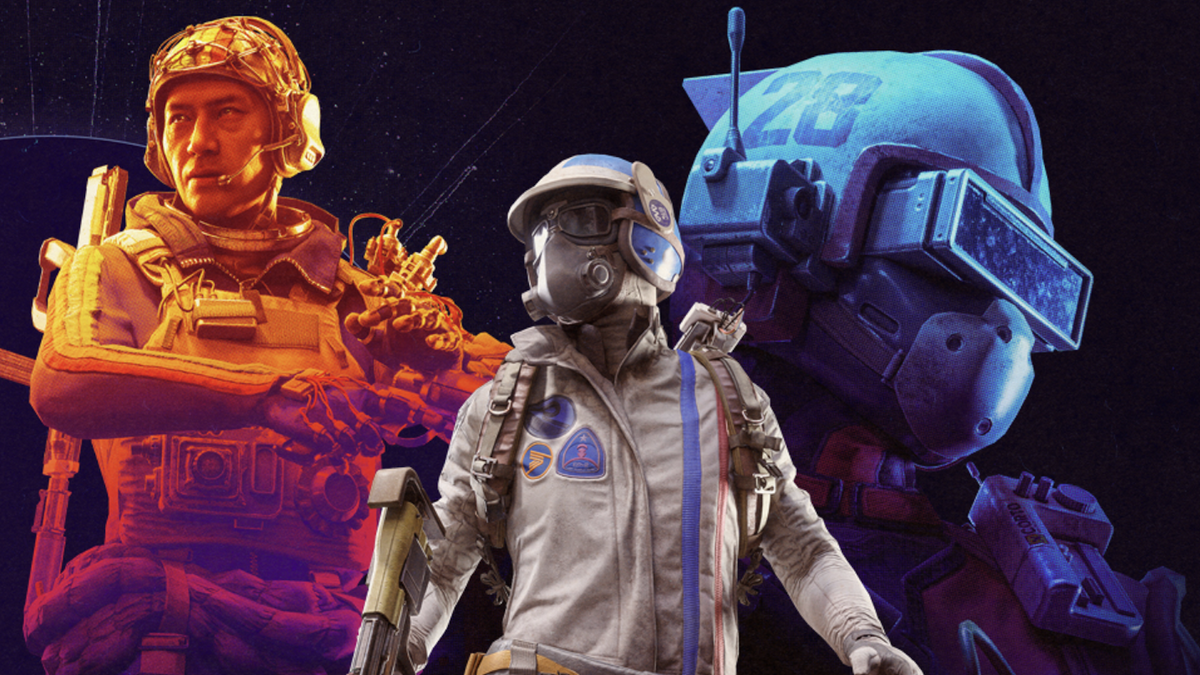TLDR
- OpenAI introduced rate limits after ChatGPT’s new image generation feature caused server overload
- CEO Sam Altman said “our GPUs are melting” due to viral Studio Ghibli-style AI images
- Free tier users will be limited to three image generations per day
- The trend raised copyright concerns, particularly regarding Studio Ghibli’s distinctive animation style
- Studio Ghibli co-founder Hayao Miyazaki previously described AI-generated art as “an insult to life itself”
OpenAI has temporarily introduced rate limits for its new image generation feature in ChatGPT after a viral trend of creating Studio Ghibli-style images put too much strain on the company’s servers.
CEO Sam Altman announced the change on Thursday. “It’s super fun seeing people love images in ChatGPT but our GPUs are melting,” he posted on X (formerly Twitter).
this was a real labor of love from @gabeeegoooh. congrats gabe; excellent work!
here is what we generated during the livestream: pic.twitter.com/fmHWp4d9AF
— Sam Altman (@sama) March 25, 2025
The rate limits come just days after OpenAI launched its updated image generation tool. The feature was released on Tuesday as part of the upgraded ChatGPT-4o model.
Free tier users will soon be limited to three image generations per day. Altman did not say how long the restrictions would last but said he hoped it “won’t be long.”
The viral trend began when users started creating AI-generated images in the style of Studio Ghibli. The Japanese animation studio is known for films like “Spirited Away” and “My Neighbor Totoro.”
Users across social media platforms shared their creations. Many recreated scenes from movies, TV shows, and even political events in the Studio Ghibli style.
Viral Trend Reveals Both Power and Problems of AI Image Generation
Some of the most popular posts transformed well-known memes. These included the “distracted boyfriend,” “bro explaining,” and an image of Ben Affleck smoking.
Even Elon Musk joined in on the trend. The X and Tesla CEO shared an image that showed King Mufasa from Disney’s “The Lion King” holding up a Shiba Inu dog.
Altman himself was an early participant. He posted a Ghibli-style portrait of himself on March 25, just as the trend was taking off.
The company says rate limits help manage the load on its infrastructure. “If requests to the API increase dramatically, it could tax the servers and cause performance issues,” OpenAI explains on its website.
The viral images have also sparked discussions about copyright concerns. Many have questioned whether using Studio Ghibli’s distinctive art style violates copyright protections.
A 2016 video of Studio Ghibli co-founder Hayao Miyazaki has been widely shared in response. In the video, Miyazaki describes AI-generated art as “an insult to life itself.”
Miyazaki, known for his hand-drawn animation style, says in the video: “I am utterly disgusted. If you really want to make creepy stuff, you can go ahead and do it, but I would never wish to incorporate this technology into my work at all.”
These concerns come shortly after nearly 4,000 people signed an open letter to Christie’s auction house. The letter called for the cancellation of an AI art auction over concerns about copyright and exploitation of human artists.
Despite these issues, OpenAI continues to expand its AI capabilities. Bloomberg reported on March 26 that the company expects to more than triple its revenue this year to $12.7 billion.
Altman said in February that his firm plans to release GPT-4.5 and GPT-5 in the coming weeks or months. These new versions will likely bring even more advanced AI capabilities.
The image generation feature is available to ChatGPT Plus, Pro, and Team users. Enterprise and Education users will gain access next week, according to OpenAI.
This isn’t the first time OpenAI has created image generation tools. The company launched DALL-E in 2021, which was one of the first AI image generators and was later integrated into ChatGPT in 2023.

 7 months ago
77
7 months ago
77









 English (US) ·
English (US) ·